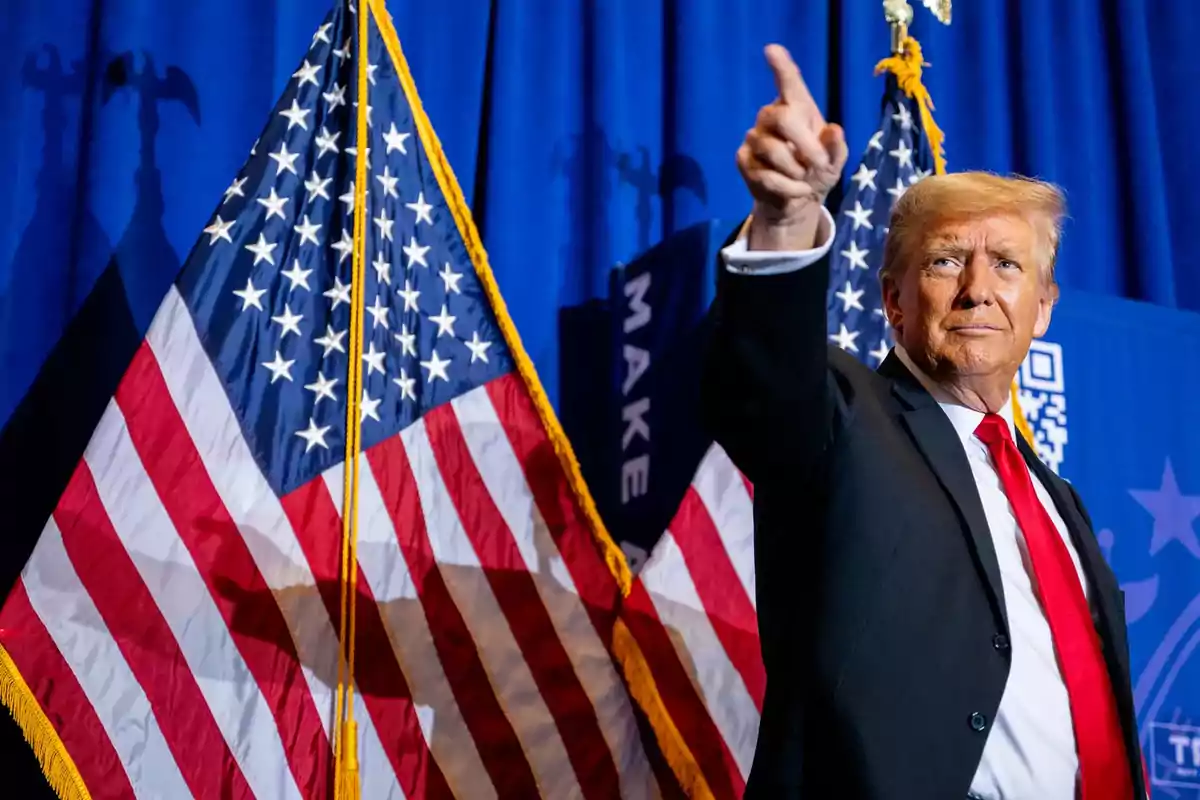
Trump signs new immigration proclamation to combat terrorism in the US
The President of the United States has, in recent hours, banned citizens from twelve countries from entering the country in order to protect national security
President Donald Trump signed a proclamation that restricts the entry of citizens from various countries into U.S. territory as part of a strategy to protect the United States from terrorist threats, national security threats, and public safety threats.
This measure arises in compliance with Executive Order 14161, issued on January 20, 2025, titled "Protecting the United States from Foreign Terrorists and Other Threats to National and Public Security."
The proclamation is based on the analysis of national security agencies regarding the risk posed by certain countries due to deficiencies in vetting processes, high terrorist presence, lack of cooperation with the United States, or high visa overstay rates.
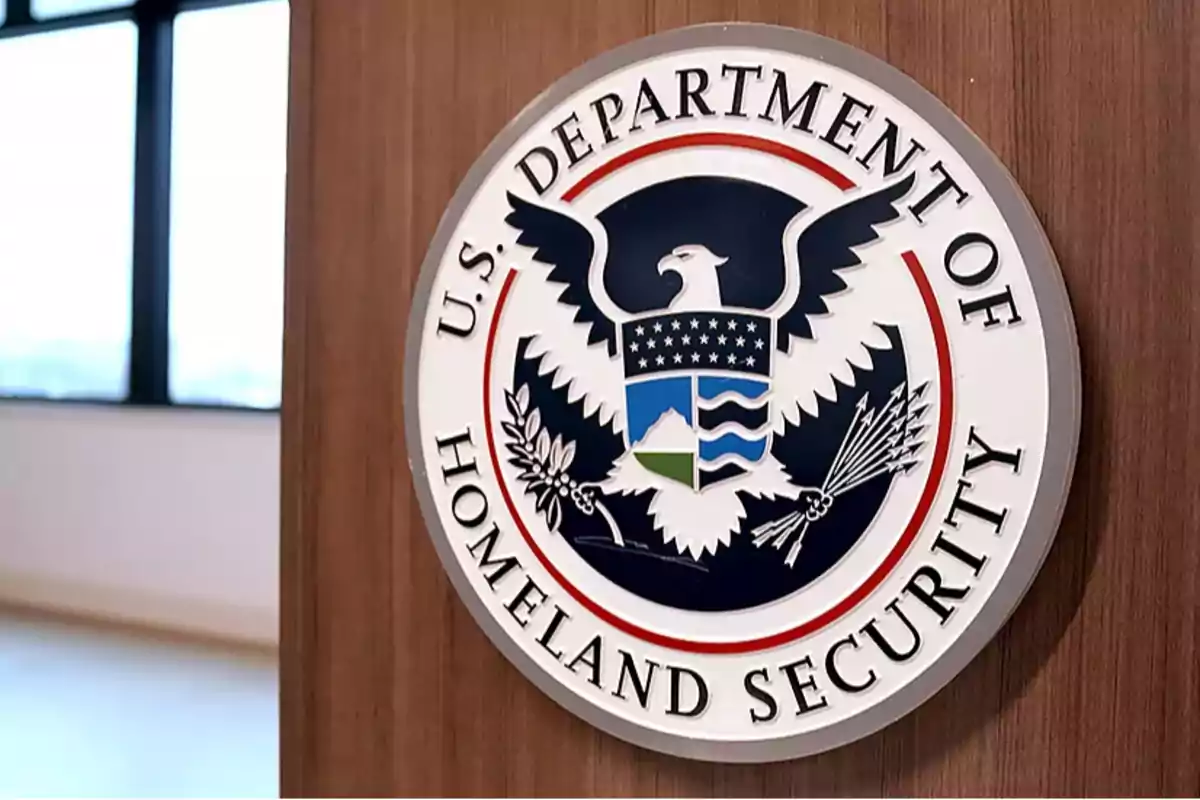
It is supported by the Trump v. Hawaii ruling, where the Supreme Court upheld presidential authority under section 212(f) of the Immigration and Nationality Act to impose entry restrictions for security reasons.
The Proclamation imposes complete restrictions on nationals of 12 countries:Afghanistan, Burma (Myanmar), Chad, Republic of the Congo, Equatorial Guinea, Eritrea, Haiti, Iran, Libya, Somalia, Sudan, and Yemen.
The reasons include:
- High overstay rates for tourist visas (B1/B2) and student/exchange visas (F, M, J). For example, Chad exceeds 49% and Equatorial Guinea reaches more than 70% in F, M, and J categories.
- Lack of governmental cooperation: several countries do not accept the return of their deportable citizens nor share criminal information.
- Presence of terrorist groups or state sponsors of terrorism, such as Iran or Somalia.
- Institutional weakness or anarchy: Afghanistan is controlled by the Taliban; Yemen is the scene of U.S. military operations.
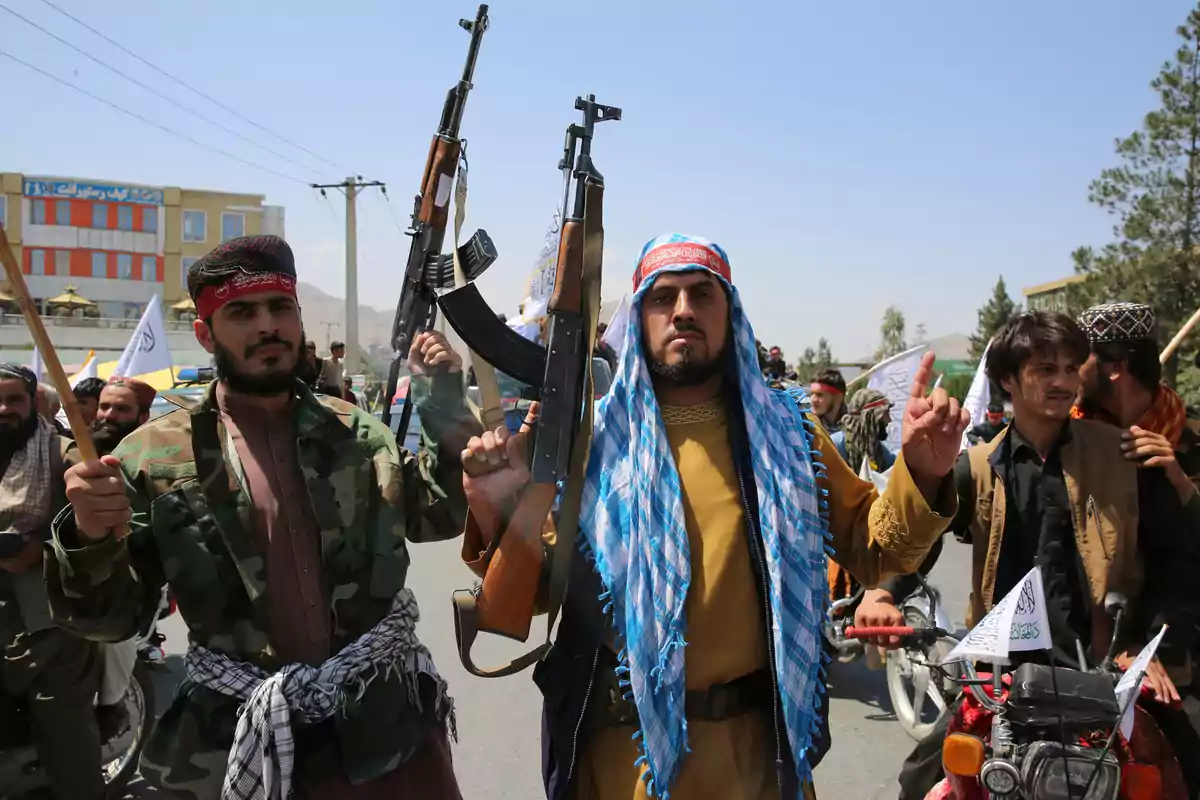
Additionally, a partial restriction is imposed on citizens of 7 countries: Burundi, Cuba, Laos, Sierra Leone, Togo, Turkmenistan, and Venezuela. The limitations mainly apply to immigrants and non-immigrants with tourist visas (B1/B2) and education/exchange visas (F, M, J).
The justifications for including countries on the partial restrictions list include:
- High overstay rates (for example, Sierra Leone with 35.83% in student visas).
- Refusal to cooperate in repatriation or share information (Cuba and Venezuela).
- Weak or unreliable governments, unable to issue valid documents or share criminal records.
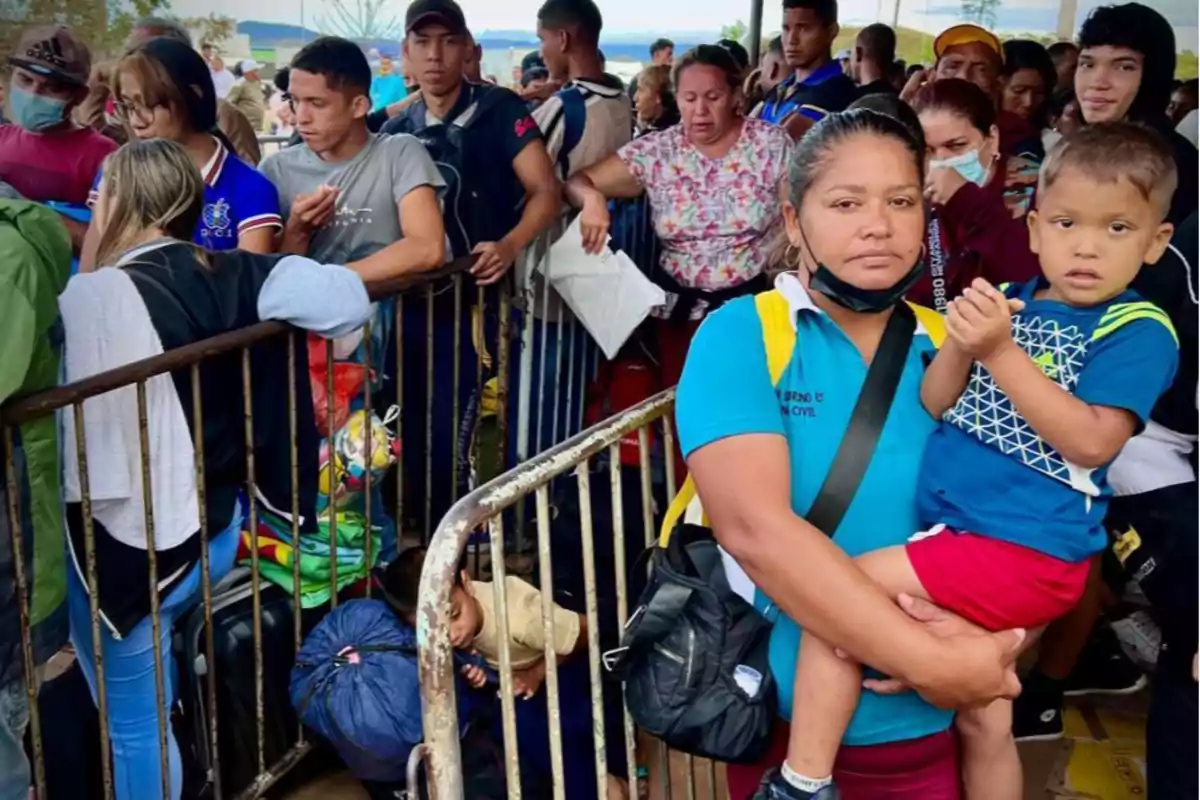
According to the Trump administration, the measure seeks to efficiently improve certain precepts that the Democratic government of Biden has left in a complete state of neglect, such as:
- Strengthening the enforcement of immigration laws.
- Increasing pressure on foreign governments to improve their vetting systems.
- Reducing risks of terrorism and infiltration of threats through the immigration system.
- Fulfilling the campaign promise to "restore the travel ban" implemented during his first term, which was upheld by the Supreme Court.
President Trump stated: "We will restore the travel ban and keep out the radical Islamic terrorists who threaten our country."
The measure has been received with great expectations and support from the population, who consider it a legitimate national protection measure. With this proclamation, Trump reinforces his hardline stance on immigration in his second term and marks a tightening of policies toward countries considered high risk.
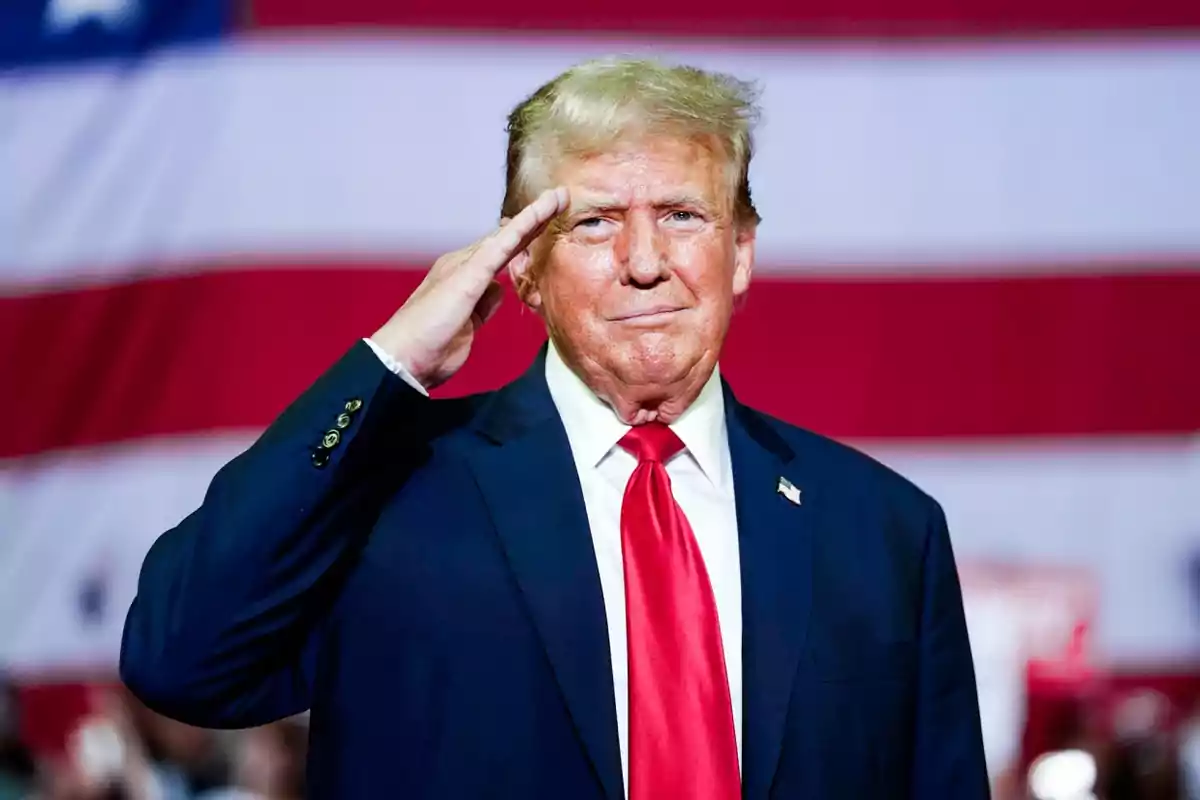
More posts: